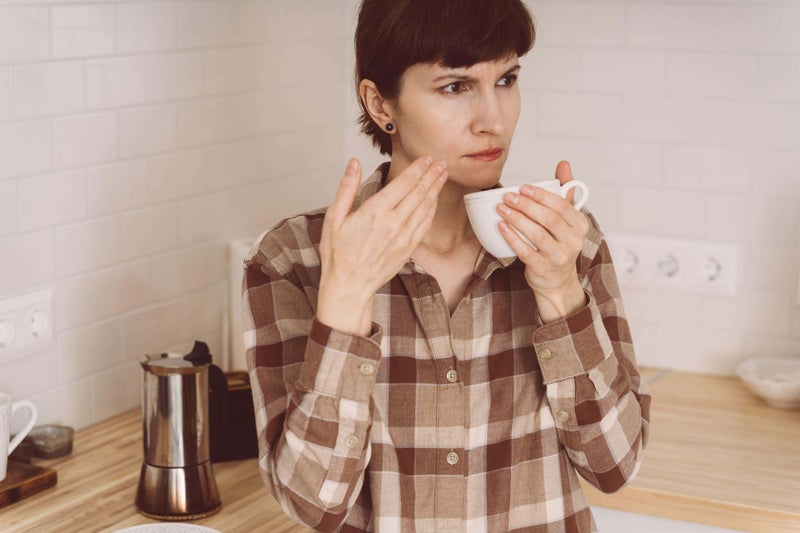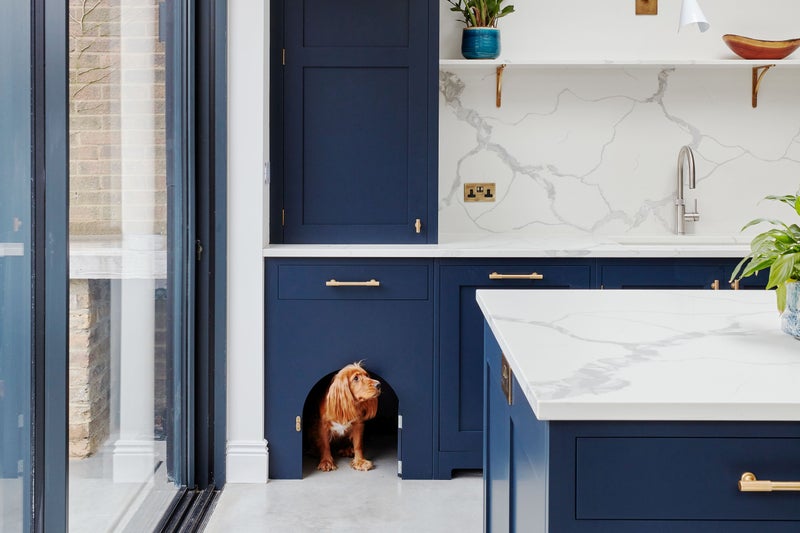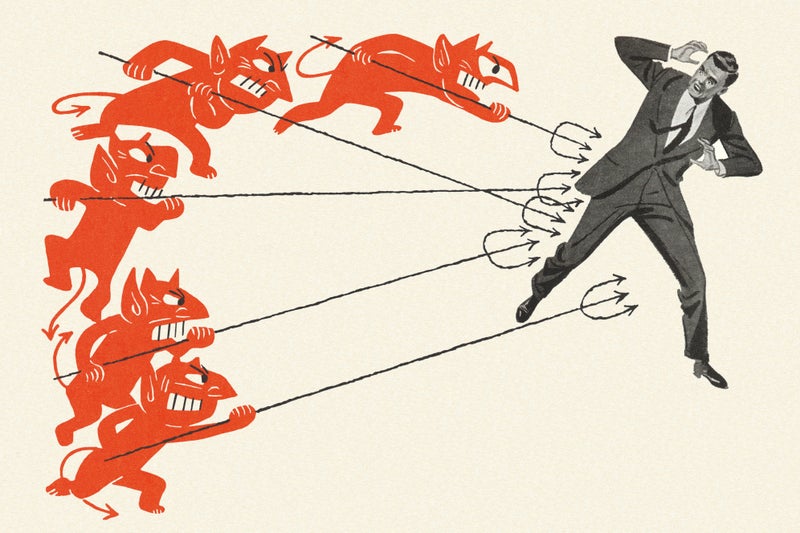Can you imagine waking up one day and losing your sense of smell?. That’s exactly what happened to Chrissi Kelly in 2012, at the age of 53. After going to bed with a severe sinus infection, she woke up completely unable to smell. She has compared the scary experience to “looking in the mirror and not seeing anything”. This condition, known as anosmia, is often caused by a viral infection and affected many people during the COVID-19 pandemic.
Kelly, now 65, has recently made headlines as the first UK patient to receive a promising treatment involving injections of platelet-rich plasma (PRP) derived from her own blood, which may help restore her sense of smell. What was the experience of losing your smell like?. “I lost my sense of smell just from one day to the next,” shared Kelly. “I had this terrible sinus infection and had been using nasal spray, and I just remember being so miserable, and I went to bed that night, and when I woke up in the morning I had no sense of smell.
“And as many people will have experienced, after a certain period, I started to get phantosmia, which is the perception of phantom smell. And then after that, I started getting a little bit of my sense of smell back, but everything was distorted, which is called parosmia.”. However, after talking to many people who also have the condition, she recognised that this is not the case for everyone – the loss of smell is a more gradual process for some people.
“The problem is that a lot of people don’t notice when they’re losing their sense of smell, because it’s so gradual,” reflected Kelly. “One lady said to me ‘I didn’t realise I’d lost my sense of smell until I went shopping for candles with my daughter, and then I realised I couldn’t smell anything’.”. These differences are due to the fact that anosmia can be caused by a variety of things, not just by a viral infection, like Kelly had.
According to the AbScent website, head traumas, allergies and nasal polyps (benign growths in the tissues lining of your nose) can also lead to smell loss. The website also states that other factors such as ageing, medications, radiation treatment for head and neck cancers and exposure to dangerous chemicals such as pesticides or solvents can also play a role. How does losing your smell impact your everyday life?.
“We are very funny about our sense of smell, you don’t miss it until it’s gone,” said Kelly. “You don’t understand how meaningful a sense of smell is to our wellbeing until we lose it. “It’s like looking in the mirror and not seeing anything. It’s a very weird state to be in.”. She also described it as “losing your capacity for pleasure”. “Now that’s not to say that when you have a healthy sense of smell, that all smells are good,” recognised Kelly. “But, everyone who really has profound loss of smell always says, ‘Oh, even if I could only smell the bad smell, I would be happy’.”.
Kelly also added that anosmia can affect all parts of life, including relationships and social interactions, as smell is considered part of our limbic system. “The limbic system is that very centre of your brain where we have things like emotion, memory, personality, flight or fight, sexual attraction, so olfaction feeds all of those things,” she explained. “It’s a very direct and immediate line to those things.”.
And if this is cut off, it can have a negative impact on your mental health. “When you begin to lose your sense of smell you can gradually become depressed,” said Kelly. “People feel isolated, angry and separated from the world because people don’t understand them. This can led to changes to their intimacy behaviours.”. There are also vital safety concerns that come with not being able to smell.
“If I can’t smell, I don’t know if there’s a gas leak in my house or in my neighbourhood,” noted Kelly. What advice would you give to people with the condition?. Kelly said that the first step for people should be to consult a doctor, and also recommended joining her free CKOS community group. “People need to understand how this condition is affecting them, that there are ways that you can work with your family and to also know that it’s normal to feel isolated, depressed and angry,” said Kelly.
The main thing that has really helped Kelly is smell training. “I found out about something called smell training nine months after I lost my sense of smell,” says Kelly. “It’s a simple enough procedure. You have four things that you smell twice a day, for 20 seconds, with a pause in between. “And you’re taking little, tiny sniffs, rather than big, long breaths of air.”. She emphasised that it’s crucial to engage your memory and any emotions linked to those memories of specific senses in order to help re-establish the neural networks.































